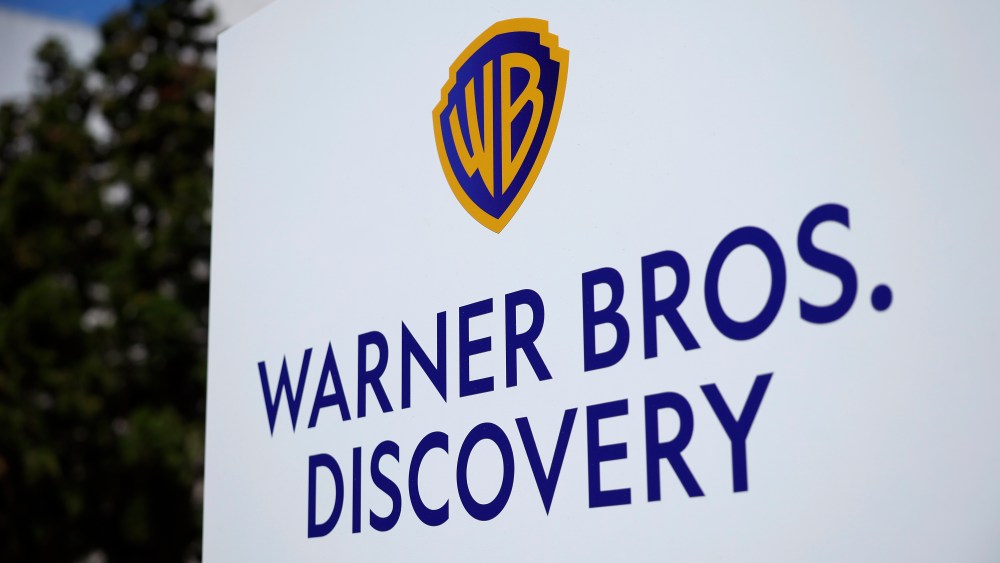Warner Bros. Discovery has responded to a legal letter regarding calls to boycott Israeli film companies, acknowledging that such a pledge likely violates internal policy.
“Warner Bros. Discovery is committed to fostering an inclusive and respectful environment for our employees, collaborators and other stakeholders,” a WBD spokesperson told Variety.
“Our policies prohibit discrimination of any kind, including discrimination based on race, religion, national origin, or ancestry. We believe the boycott of Israel’s film institutions violates our policies. We respect the right of individuals and organizations to express their opinions and advocate for their causes, while continuing to align our business practices with the requirements of our policies and the law.”
Last month, a number of industry figures, including Olivia Colman, Emma Stone, Mark Ruffalo and Javier Bardem, signed a pledge organized by Film Workers for Palestine pledging to avoid working with Israeli film institutions that are “committed to genocide and apartheid against the Palestinian people.” Examples of “collusion” suggested by Palestinian film workers include “whitewashing or justifying genocide or apartheid, or partnering with the governments that carry them out.”
The Palestinian Film Workers makes clear in its FAQ section that Israeli citizens of Palestinian heritage are not subject to the same boycott as Israeli citizens of other heritages, but are instead subject to a separate set of “context-specific” guidelines.
But law societies on both sides of the Atlantic have warned that the boycott is likely to breach equality laws. As Variety exclusively reported last week, the British Lawyers for Israel group warned studios, agencies and unions that the pledge was in breach of the Equality Act 2010 and posed a “very high risk of litigation”. This could have ripple effects on insurance and film finance.
The Louis D. Brandeis Center for Human Rights, based in Washington, D.C., also warned that “many federal and state civil rights laws explicitly prohibit boycotts” in the United States.
Last month, Paramount was the first studio to respond to the boycott, with Paramount chief communications officer Melissa Zukerman saying the studio “does not agree with recent efforts to boycott Israeli filmmakers.”
“Silencing individual creative artists because of their nationality does not promote understanding or advance the cause of peace,” Zukerman’s statement continued. “The global entertainment industry needs to encourage artists to tell their stories and share their ideas with a global audience. We need more engagement and communication, not less.”
Meanwhile, more than 1,200 film industry figures, including Liev Schreiber, Mayim Bialik and Debra Messing, signed an open letter rejecting the boycott.

